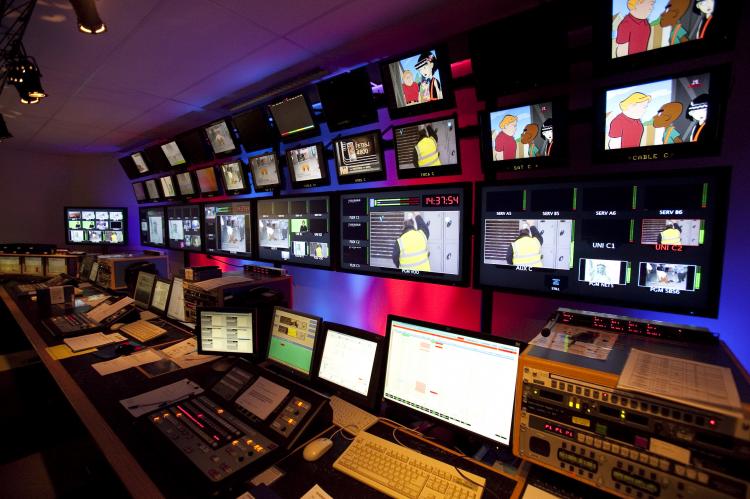Why does Turkey enforce broadcast bans after terror attacks?
Ece Temelkuran claims in the New York Times that Turkish broadcast bans after terrorist attacks stifle debate
Ece Temelkuran had an article published in the New York Times on 2 July 2016 in which she claimed that broadcast bans by the government after terrorist attacks stifle debate and news reporting, as well as suppressing the emotions of the nation.1
“By banning the broadcasting of information, the government doesn’t just stifle debate and news; it also represses the nation’s emotions.”
The decision regarding the ban reads as follows:
“Any content that will cause fear, panic and chaos among people, that will also serve the interests of terrorist organizations must be avoided. Accordingly, live broadcasts from the blast site, footage from the time the blast took place and afterwards, and images of deceased and wounded people are prohibited. Moreover, in order not to reveal the networks of the suspects and to properly catch them, no content other than the statements of the officials can be broadcast.”2
Temelkuran also claimed that, “television channels were invaded by spin doctors of the governing party telling the audience not to question authority”.
“The only information I could find on the attacks was an outside view of Ataturk,” she added.
However, the author here presents incorrect information, for there were critical channels that were on air. For example, CNN Turk broadcasted a program about the attack in the aftermath of the explosion.



